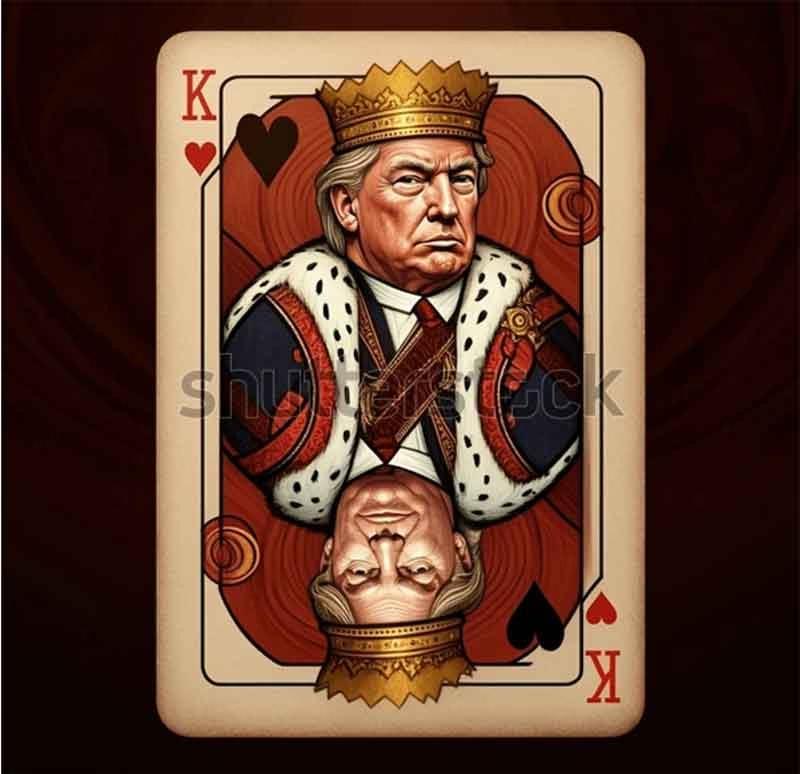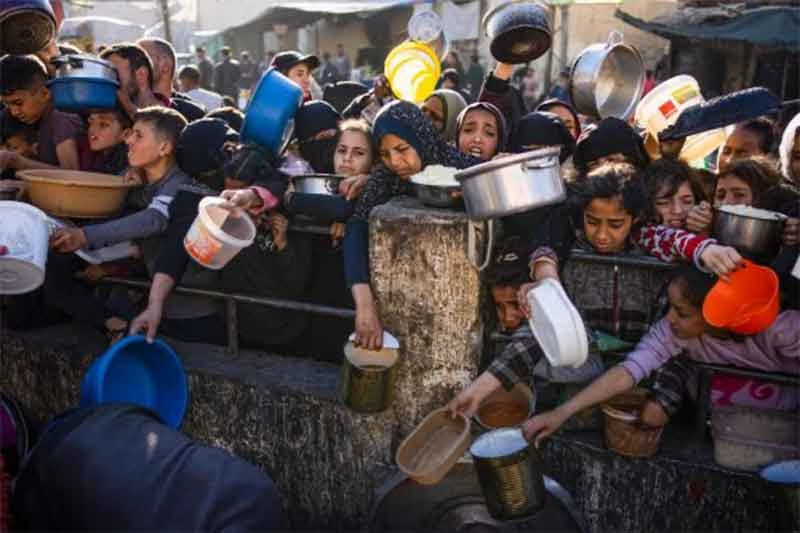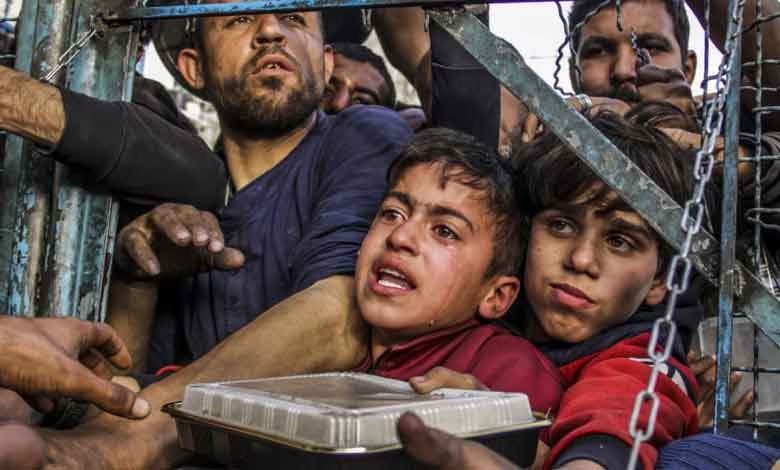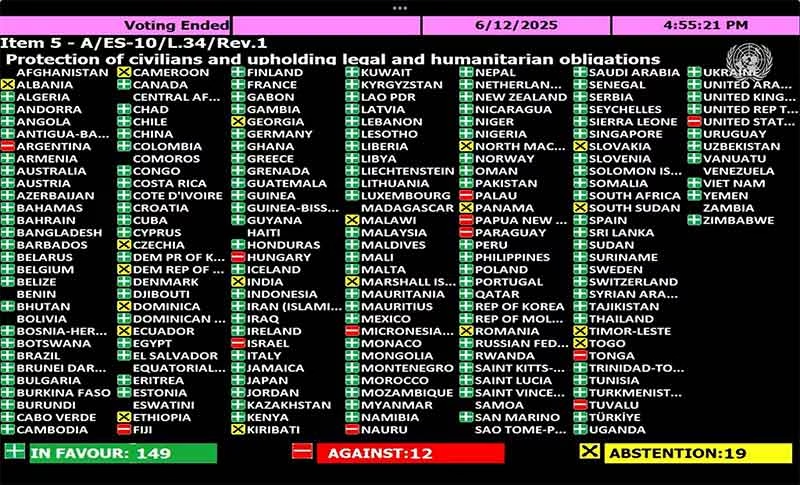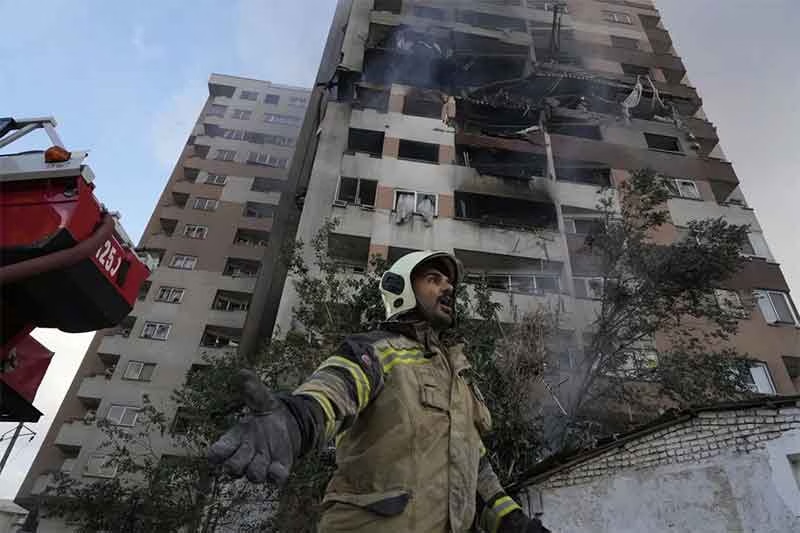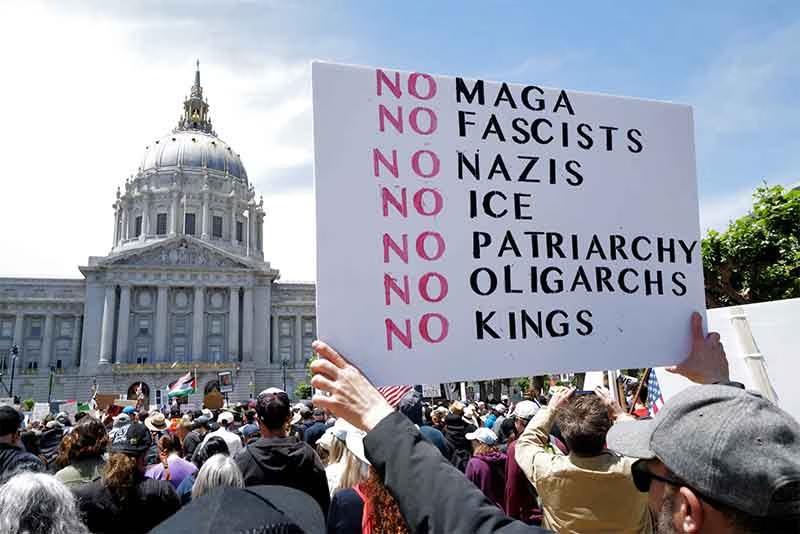
The Israel–Iran conflict is not just a standoff between two bitter rivals. It is a mirror reflecting the scars of colonialism—imperial power games that reshaped West Asia into a fragmented, militarized chessboard. The language may have changed, but the underlying logic is the same: divide, dominate, and profit.
Colonialism’s Lingering Ghosts
West Asia, still referred to in colonial parlance as the “Middle East,” remains burdened by the borders and identities imposed by European powers. From the Sykes-Picot Agreement (1916) to the Balfour Declaration (1917), British and French cartographers and policymakers redrew a region with no regard for the cultures, communities, or histories that preceded them. Their goal was access—not peace.
Israel, forged in the aftermath of Europe’s antisemitism and post-Holocaust guilt, became a Western fortress in a largely Arab region. Iran, bruised by decades of foreign interference and the infamous 1953 coup orchestrated by the CIA and MI6, took a radically different path—one of defiance, Islamic revolution, and anti-imperialist rhetoric.
Two Responses to the Same Trauma
Israel and Iran represent divergent responses to colonial trauma:
- Israel chose Western alignment, pre-emptive militarism, and technological supremacy.
- Iran chose resistance, regional alliances, and ideological sovereignty.
Their enmity is not ancient—it is modern, constructed, and externally exacerbated. Both are in fact products of Western design: one as a strategic ally, the other as a perpetual adversary.
Colonial Fault lines Reopened
Today, Gaza burns. Lebanon smoulders. Sanctions cripple Iran while U.S. arms flood Israel. The remnants of colonial division have not healed—they have metastasized into permanent insecurity.
The U.S. delivers $3.8 billion annually in military aid to Israel. Iran faces one of the most expansive sanctions regimes globally. The UN remains paralyzed by vetoes, and “peace processes” are rendered meaningless by hypocrisy and asymmetry.
This is divide-and-rule redux. Proxy wars, surveillance drones, and oil politics keep the region fractured. Weapons companies flourish. Civilian lives perish. And the region’s agency is stolen all over again.
Liberation Demands Decolonization
Peace in West Asia will remain elusive unless there is a moral and strategic decolonization. This must include:
- Demilitarization and ending arms dependency
- Regional-led dialogue, without U.S. or European intermediaries
Truth-telling about the colonial origins of current crises
Neither Israel nor Iran is truly free. Both are trapped in paradigms shaped by foreign interests and historical betrayals. It is time for West Asia to define its own future—by naming and exorcising the imperial ghosts still lurking in its politics, alliances, and conflicts.
Subscribe to Our Newsletter
Get the latest CounterCurrents updates delivered straight to your inbox.
Ranjan Solomon is a writer and activist focused on justice, decolonization, and international solidarity.
























